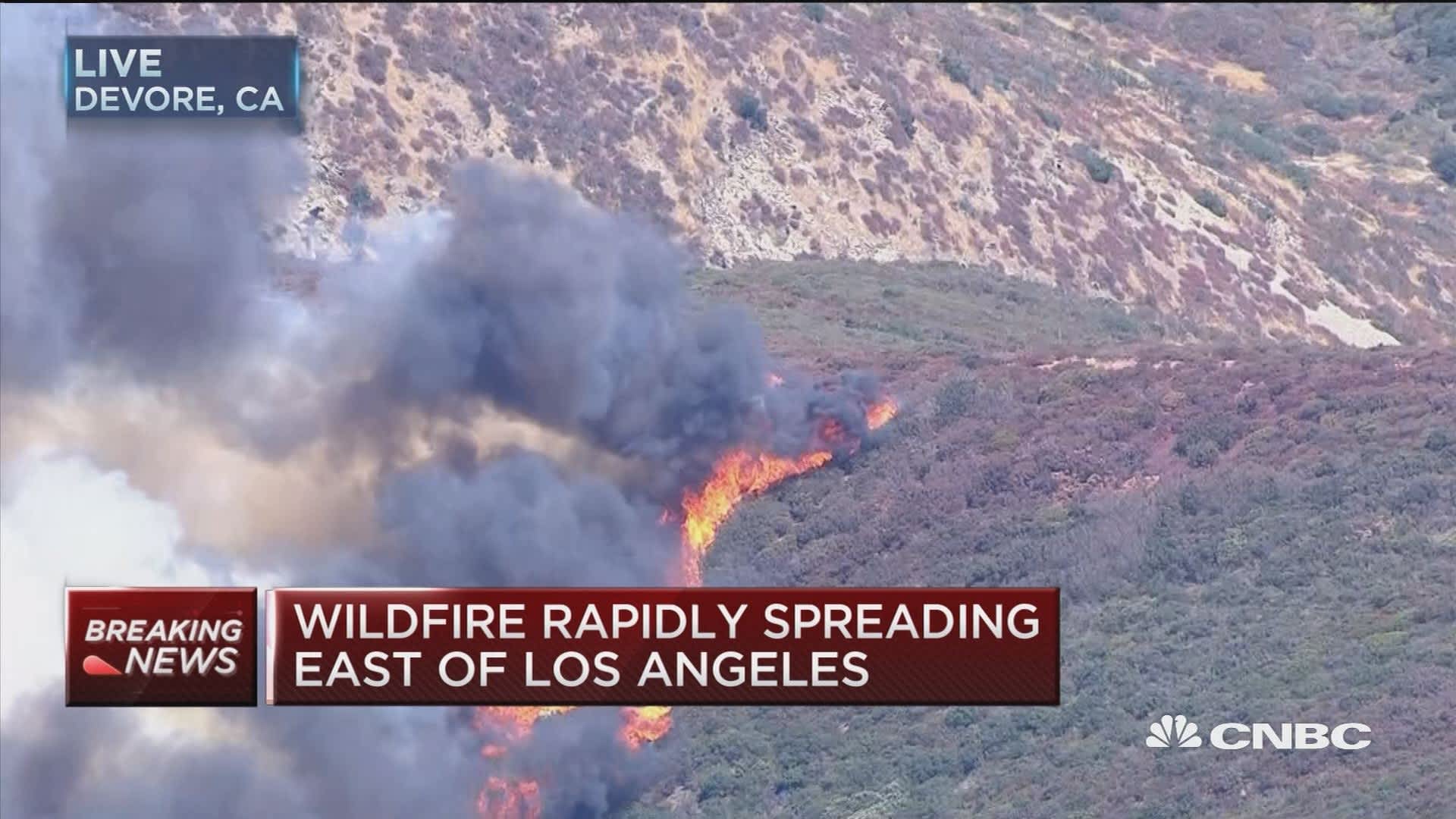Alien Life: Earth's Fight For Survival

Table of Contents
The Probability of Extraterrestrial Life and its Potential Threat
The sheer size and age of the universe suggest that the probability of extraterrestrial life, while not definitively proven, is statistically significant. The Drake Equation, while speculative, attempts to quantify this probability by considering factors like the rate of star formation, the fraction of stars with planets, and the fraction of planets capable of supporting life. The recent discovery of numerous exoplanets, some within their star's habitable zone, further strengthens the argument for extraterrestrial life's existence.
However, the nature of this life remains a mystery. It could range from simple microbial organisms to highly advanced civilizations far surpassing our own technological capabilities. This raises a crucial question: could alien civilizations pose an existential threat to humanity?
- The sheer size of the universe increases the likelihood of alien life. The observable universe contains billions of galaxies, each with billions of stars, many likely possessing planetary systems.
- Recent discoveries of exoplanets within habitable zones suggest that Earth-like planets are not uncommon.
- Different forms of life, from microbial to technologically advanced civilizations, are theoretically possible, each presenting unique challenges and opportunities.
- The Fermi Paradox, the apparent contradiction between the high probability of extraterrestrial civilizations and the lack of contact, highlights potential explanations like the "Great Filter"—a catastrophic event that prevents civilizations from reaching a certain level of technological advancement.
- The potential dangers of contact with a more advanced civilization are significant and should be carefully considered. Such a civilization might view humanity as a resource, a threat, or simply irrelevant.
Preparing for First Contact: Strategies for Planetary Defense
Given the potential risks, proactive strategies for planetary defense are crucial. This isn't about preparing for a Hollywood-style alien invasion, but rather about developing the capacity to detect, assess, and respond to extraterrestrial contact, whatever form it may take. Organizations like SETI (Search for Extraterrestrial Intelligence) play a vital role in this effort, using radio telescopes to scan the cosmos for signals of alien civilizations. However, a comprehensive approach requires international collaboration and investment in various technologies.
- Development of advanced space surveillance technologies is paramount to detecting potentially hazardous asteroids and other cosmic threats.
- Early warning systems for asteroid impacts and other cosmic threats would give humanity time to develop mitigation strategies.
- Establishment of clear protocols for communication with extraterrestrial intelligence is crucial to ensure responsible and safe interaction. Such protocols must consider ethical implications and the potential consequences of miscommunication.
- International cooperation and shared knowledge are necessary to effectively address the challenges posed by extraterrestrial contact.
- Investing in research and development of defensive technologies, including methods for deflecting asteroids or countering potential threats, is essential for our survival.
The Ethical Implications of First Contact
Encountering alien life presents profound ethical dilemmas. How do we ensure that our actions do not harm or exploit other intelligent life forms? What are the ethical implications of interstellar travel and colonization? The development of a First Contact Protocol is critical to navigate these issues, emphasizing respect for alien cultures and rights. This requires considering diverse perspectives and developing guidelines for peaceful and mutually beneficial interactions, if possible, promoting interstellar diplomacy and fostering a shared understanding.
The Impact of Alien Life on Human Society and Culture
The discovery of alien life would undoubtedly have a profound impact on human society and culture. The implications extend across various facets of our lives:
- The impact on religious beliefs and worldviews could be transformative, forcing a re-evaluation of our place in the universe.
- Potential shifts in geopolitical power dynamics could occur as nations compete for resources or technologies related to alien contact.
- Technological advancements spurred by alien technology could revolutionize our civilization, but could also present unforeseen risks.
- Economic opportunities and challenges related to alien contact could reshape global markets and resource allocation.
- Potential social unrest and adaptation challenges might arise as societies grapple with the implications of coexisting with alien life.
Conclusion
The possibility of alien life presents both incredible opportunities and potential threats to humanity. While the existence of extraterrestrial civilizations remains unproven, the potential consequences are so significant that preparing for first contact is a moral imperative. Alien Life: Earth's Fight for Survival necessitates a proactive approach to planetary defense, including advanced space surveillance, international cooperation, and the development of clear ethical guidelines. Ignoring this possibility is not an option.
Join the conversation about alien life and Earth's future. Learn more about planetary defense initiatives and support research into extraterrestrial life and its implications for our survival. The future of humanity may depend on it.

Featured Posts
-
 The Kanye West Taylor Swift And Super Bowl Drama
May 27, 2025
The Kanye West Taylor Swift And Super Bowl Drama
May 27, 2025 -
 Emanuel Emegha Crystal Palaces Summer Transfer Plans
May 27, 2025
Emanuel Emegha Crystal Palaces Summer Transfer Plans
May 27, 2025 -
 Anchor Brewing Companys Closure Impact On The Craft Beer Industry
May 27, 2025
Anchor Brewing Companys Closure Impact On The Craft Beer Industry
May 27, 2025 -
 Wonder Park Exploring The Rides Attractions And Entertainment
May 27, 2025
Wonder Park Exploring The Rides Attractions And Entertainment
May 27, 2025 -
 Wildfire Betting In La A Troubling Sign Of The Times
May 27, 2025
Wildfire Betting In La A Troubling Sign Of The Times
May 27, 2025
Latest Posts
-
 Auction Alert Banksys Iconic Broken Heart Wall
May 31, 2025
Auction Alert Banksys Iconic Broken Heart Wall
May 31, 2025 -
 Banksy Auction Iconic Broken Heart Wall To Be Sold
May 31, 2025
Banksy Auction Iconic Broken Heart Wall To Be Sold
May 31, 2025 -
 Banksy Broken Heart Mural Headed To Auction
May 31, 2025
Banksy Broken Heart Mural Headed To Auction
May 31, 2025 -
 Broken Heart Banksy A Wall Art Auction Event
May 31, 2025
Broken Heart Banksy A Wall Art Auction Event
May 31, 2025 -
 Banksy In Dubai A World News Update On The Exhibition
May 31, 2025
Banksy In Dubai A World News Update On The Exhibition
May 31, 2025
